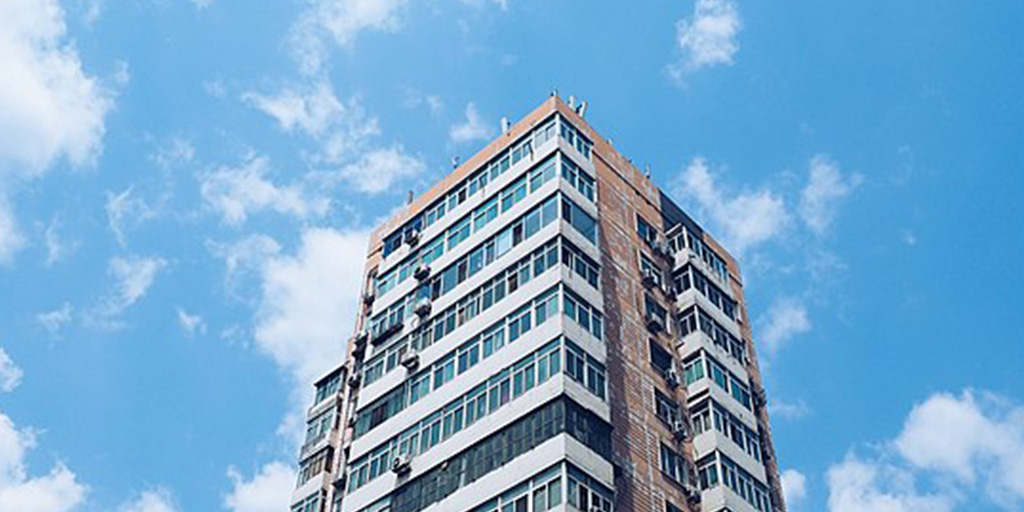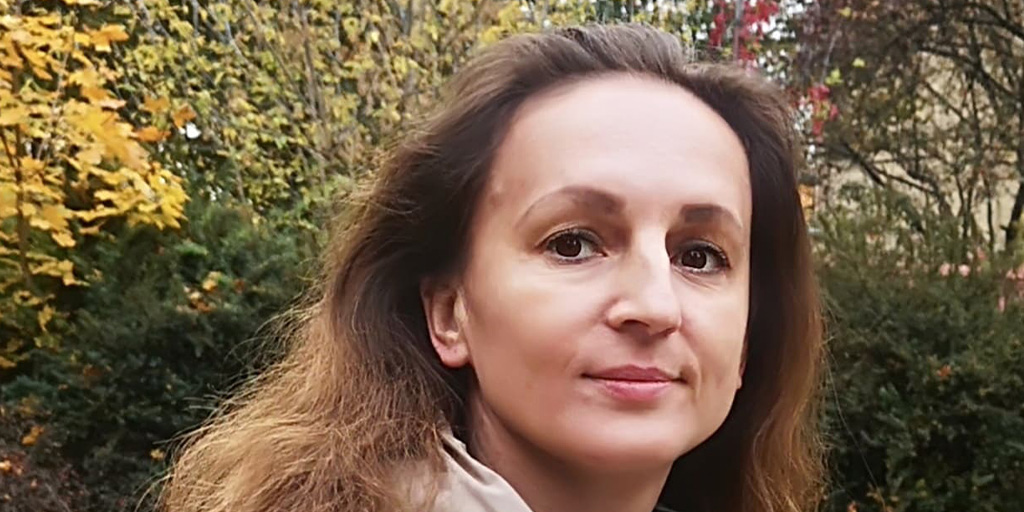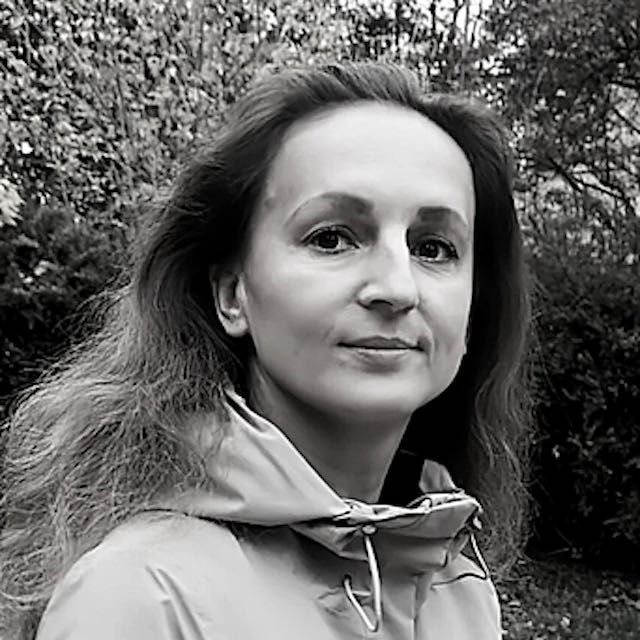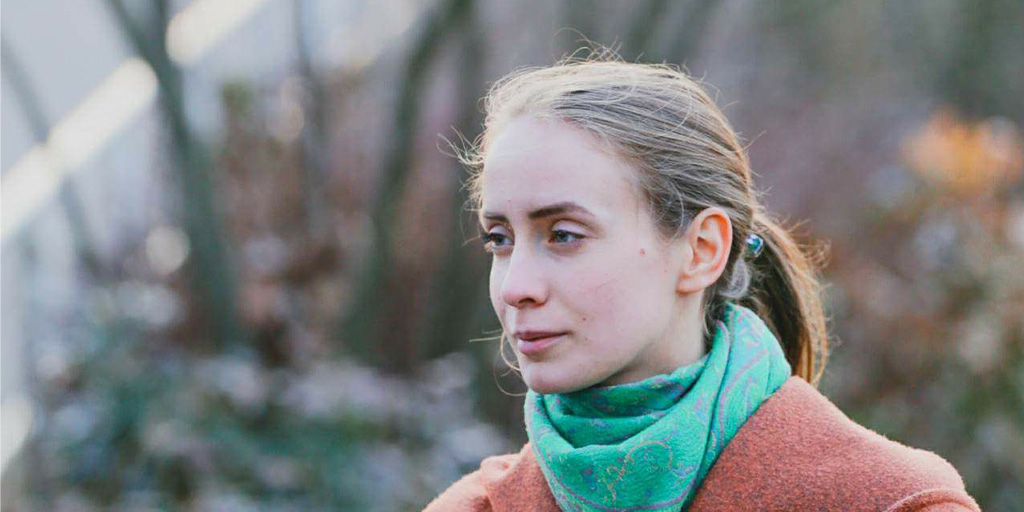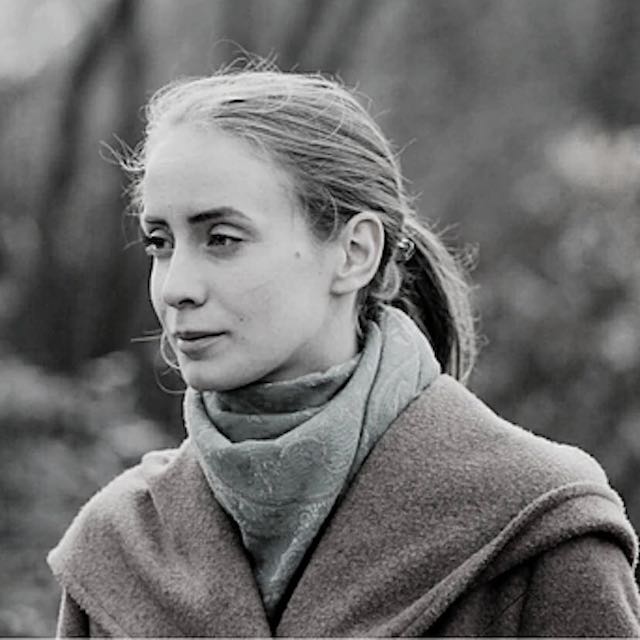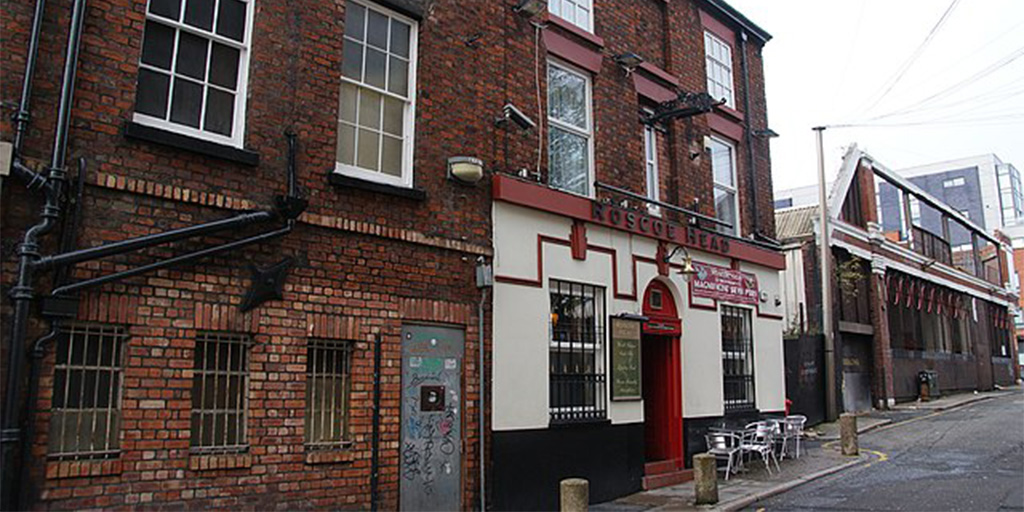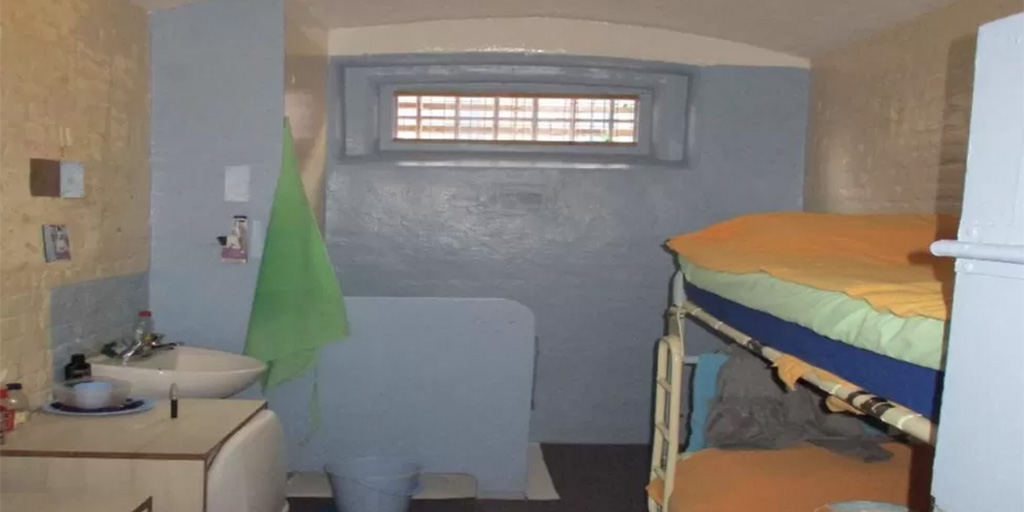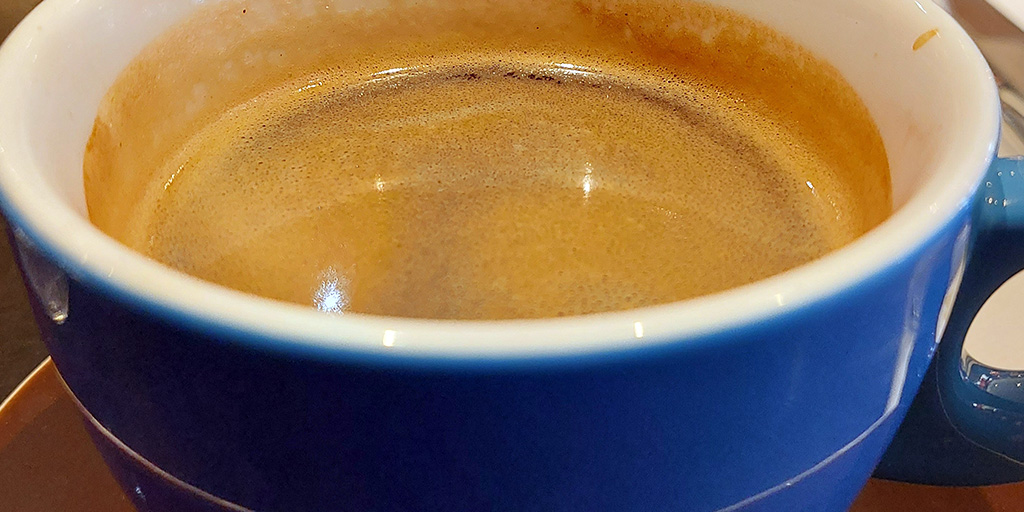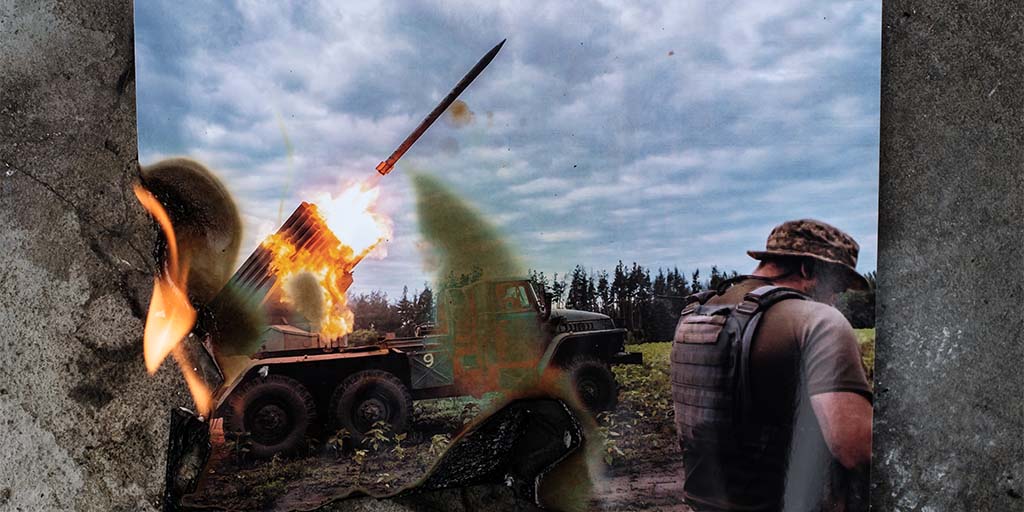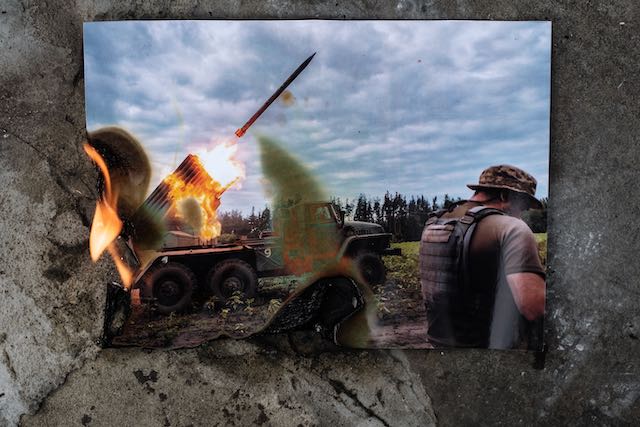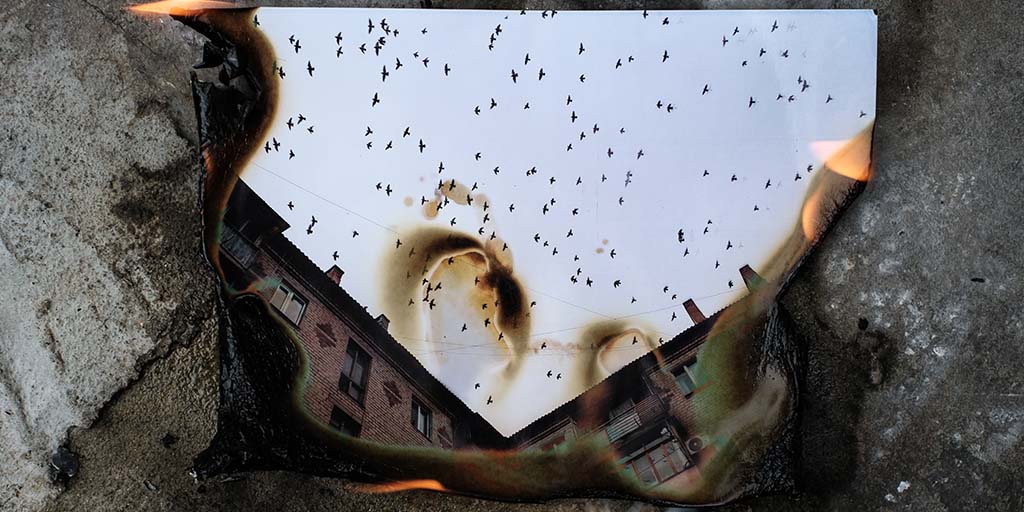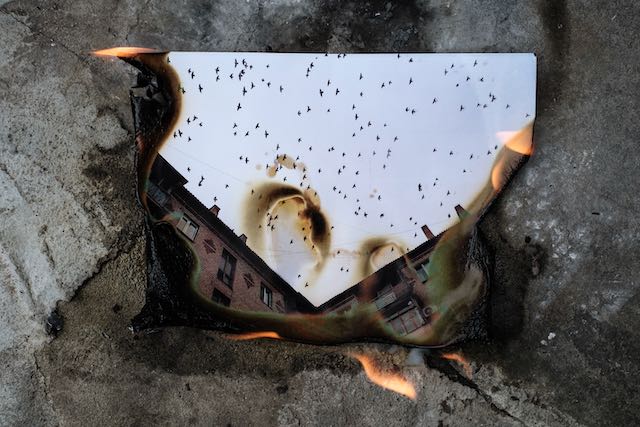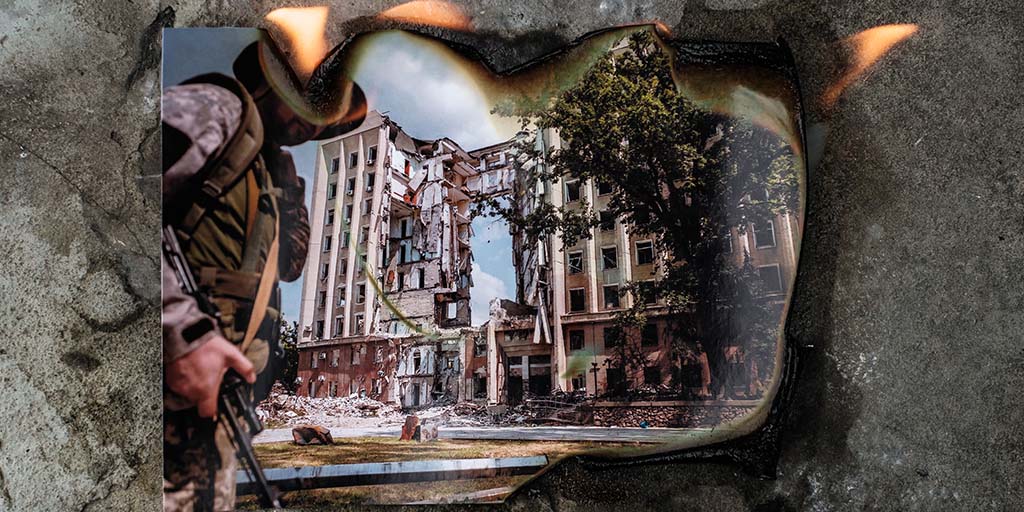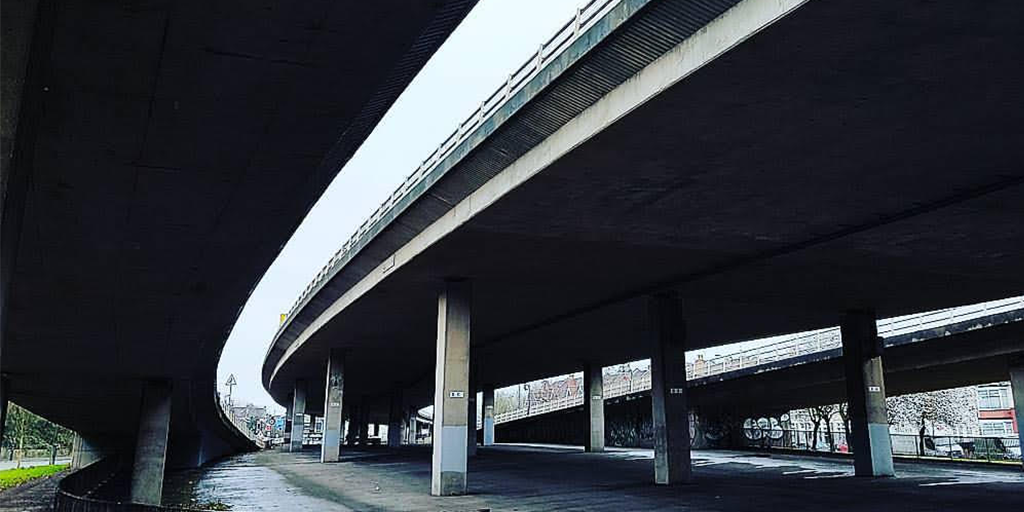Caring, by Kate Jackson
How did I come to be lying on my back while clutching a batch of unposted leaflets? The lying on my back part was easy to explain. I had slipped on an almost invisible greasy film of vegetation coating uneven stone steps. The posting leaflet part was a much harder story, one I had not been ready to think about. A few weeks ago, as I waited for the tech repair man to fix my laptop, he asked me what I did. A simple question: “What do you do?” A question I dreaded being asked at social occasions, when meeting someone new. Even the gynaecologist at an uncomfortable appointment had asked about my work. So much seems to hang on the answer to this question. We are identified by our career, employment, job, profession – it is our badge of identity, that tattoo that is impossible to remove.
My response to the tech man was rather pathetic. I told him I didn’t really know. I had taken a deep breath and I explained that I had worked in Health and Social Care, come close to burning out before leaving. I said that I had taken a career break. But I was kidding myself. I had no intention of returning. Fortunately, the tech man was more inclined to talk about himself. He told me, if it made me feel any better (it didn’t), how he had almost burned out in the past when a large corporation squeezed his business out.
After slipping on the steps, and spending a few stunned moments on the ground, I sat up and checked myself for any injury. I was sore but my back had been saved from serious injury by my water bottle. When I pulled it out, I found a deep V shaped indent in the metal where it had struck the edge of a step. For months afterwards, I continued to use the bottle, grateful for its protection despite the fact that if it tilted over in my bag, water leaked from the lip where the paint had been chipped away.
I had been injured earlier in the day; a dog’s teeth scraping the skin on my right hand as I pushed a leaflet through the letterbox. In the early days I had been cautious when approaching houses with pictures of dogs and “Beware” written in large, bold letters below. However, it was rare to hear barking in these properties. At others there was no warning but a sudden cacophony of sound that assailed my ears, and a thud as the body of a jumping dog hit the door. I would cautiously leave the leaflet tucked under the outer flap, not wanting to risk losing any fingers. At one house a silent dog had caught me by surprise, grabbing the leaflet from the other side of the box, tugging it from me like it was a milk bone.
I had developed a good eye for the tougher letterboxes, the small brass fixtures that needed to be opened with force. My fingers marked with red weals, I would push and ram the leaflet, silently apologising for the crumpled state it would arrive in. Sometimes, when I pushed the leaflet through a loose box, I was overwhelmed by the smell of cigarettes, the strong, bitter scent of tobacco, or the rarer, sickly scent of cannabis.
I became systematic in my approach to the job. On the bus-ride out to the estate I would sit and fold leaflets in half. From time to time, I would stop to check my map, use a pen to highlight the properties I had visited. The estates were a tangle of cul-de-sacs and gennels, confusing my tired mind as the day progressed.
I noted the different homes, those with peeled paintwork on the window-frames, the yellowed net curtains. Gardens full of litter where I would be overwhelmed with the stench of cat piss. If the letter box was at eye level, I would glimpse a hallway, the bottom of a set of stairs, a jumbled row of shoes. I contemplated what it would be like to see a dead body lying on the hall mat, imagining a knife in the back, blood oozing, flies everywhere. Who would I ring for first, the police or an ambulance? And would I be a suspect? If I did find anyone, it would put a stop to me reaching my target of delivering 100 leaflets an hour.
Sometimes I would be overwhelmed by a feeling of déjà vu. I would recognise a stone hedgehog and tub of dead flowers on a doorstep, or a garden filled with gnomes and fairy lights and realise I had just redelivered to a handful of houses that I had visited earlier. Tiredness and my own wandering imagination would cause me to make a mistake and waste precious time. That and the layout of the estate with its intersection of meandering roads and gennels that ran between the properties.
From time to time, I would need to stop to roll my shoulders and stretch, to relieve the ache I felt in my neck, or search for a plaster in my rucksack to wrap around a nail where a cuticle had been caught one too many times by the stiff bristles on some of the letterboxes. Eventually I switched from wearing fingerless gloves to using thin full-sized ones to protect my hands. Finding a small play area, I might sit on a swing to drink water. I liked to be out in the open, to be able to see around me. Unlike my previous job, I felt liberated. Despite the cold air I loved being high up above the city, close to the edge of the surrounding countryside where many social housing estates had been built. I carried a small bag of bird food that I would sprinkle on the ground for house sparrows.
I hated the tall blocks of flats, worrying about who I may encounter on the stairwell. In the summer the blocks often smelled of stale cooking and sweaty bodies. Here too I would worry that there was a dead body, although I had never smelled one, as the stench coming from the flats could be overpowering. It was a relief when I was not able to gain access to some blocks. Others, where residents were not security minded, had entrance doors wedged open with a brick or a piece of wood. Resigned, I would quickly climb to the top landing, my boots a dull thud on the concrete steps, then work my way back down. As I posted leaflets I witnessed small vignettes of peoples’ lives – the sound of children playing, or of a daytime soap on the TV, or of a couple arguing. Some of the people I met on my round would talk to me: a man repairing his motorbike chatting about the weather, another mulching his raised beds telling me about the vegetables he was growing.
If I was lucky, after a couple of hours delivering, I could call in at the community centre to eat my lunch and use the toilet. Sometimes when I was working, the centre was closed and I had to go into the woods to pee. In winter, when the leaves had fallen, it was harder to find somewhere sheltered and I was constantly on the alert for dog walkers as I squatted between the silver birch trees and brambles. There were no cafés in the area, only takeaways without toilets. Even if there had been a café, I would not have wanted to use my earnings to buy a drink, and I would only end up needing to pee again later.
•
For almost a quarter of a century, long before my walks up and down tower blocks, I had listened to the problems of others, taken in their misery and fear. I had lost count of the number of secrets and traumatic events that had been shared with me. I felt like a priest hearing confession. I had come to realise that each confession was like the heavy, black brick I had learned to pick up from the bottom of the pool as a child during swimming lessons. And I carried these bricks around with me in my bag. As the years progressed, the bag had become heavier and heavier.
I had supervision with an experienced senior colleague. We would talk through tough cases, those that were problematic, where there were sticking points in my practice, new ideas I could try. There was rarely time to acknowledge good practice, success stories, achievements. And I found it difficult to talk about the impact this was all having on me.
I had started my career working with older adults who experienced poor mental health. Over the years I had empathised, soothed, calmed troubled minds. I helped survivors to explore what had happened and how they were coping, what other things they could try that may help. I watched them increase their skills, move on in their lives, not be defined simply by the horrific events they had experienced. Eventually I felt as though the experiences of others were defining me. No amount of supervision, yoga classes or breathing exercises were going to help. Their tales of every kind of abuse possible had worn me down, taken away layers of my skin, eroded my defences over time until one day I felt stripped bare and exposed.
My body had shown the first signs: the migraines, difficulty sleeping, muscles seizing up, stomach problems. Then my mind faltered. My concentration waned. I would sit with service-users, listen and contribute. But when writing up my notes, I was fearful that I had not fully assessed or analysed the situation. I questioned if I had reflected appropriately during the appointments, if plans of care were service user led, and not some creation from years of experience that I had churned out automatically. Would a service-user feel able to tell me if I was wrong?
By chance I read a journal article about the need for self-compassion. It focused on how the things we did away from work were important. We only feel at home when we are not at work. I realised how alienating my job was. As well as the trauma at work, I was surrounding myself with more trauma; the repeats of ‘Prime Suspect’, as well as more recent programmes – ‘Game of Thrones’ and ‘The Bridge’. The documentaries on TV about health and social care services that reflected my own situation at work. I changed my habits, started re-reading books from childhood, yellowed copies of “The Wind in the Willows” and “The Secret Garden”. I read more nature books, books about the environment – James Rebanks writing about his farm, John Stempel Lewis writing about his meadow.
And still, I could not be open in supervision. I never liked talking about myself. I could not see the point. On training courses, I failed to understand why everyone had to take it in turns to say what their favourite film, book or ice-cream flavour was. What did our tastes have to do with how many compressions to use in community resuscitation, or which fire extinguisher to use if the wastepaper bin in the office was alight? Team building days were a source of dread for me. At the end of the day nothing changed. Goals and tasks were added to endless sheets of flipchart paper. Flipcharts that would be put in the cupboard back in the office and forgotten about. Some staff loved these days, eager for the next one. An excuse to have a day away from trauma and misery. I would feel resentful that my workload had to be put on hold.
I questioned where my disenchantment came from. I knew I would always struggle. Offices would always be crowded and noisy, a cacophony of migraine-inducing sounds. Carpets that would have helped to absorb some of the sound of half a dozen people on the telephone were expensive and needed regular cleaning. There were rumours of us having to hot-desk, or even hot-base – carrying our laptops around with us looking for a building with space to be able to write up our notes, plans, assessments. Most people were preoccupied with where they would keep their mug and emergency pot-noodle supplies, paracetamol or spare tights, or if there would be an adequate number of parking spaces. As a team, we relied on being able to seek each other out to discuss concerns and risks, on being able to have a dedicated duty worker for back-up and support. Meeting each morning to discuss and share jobs, deal with crises, sickness and absences was vital. If we lost our base, we would lose the level of responsiveness we had, and risks would increase.
We had debated security and safety constantly. Endless discussions about keeping safe, buddy systems, calling in between visits to say we were safe. Eventually, we were given alarms that were connected to a central control. If we were at risk, we could trigger the alarm and the police could be alerted to respond if needed. A few of us would use the alarms religiously. Others left them in the bottom of their work bag or in the glove box in their car. I had been accosted by an angry parent on a visit, his face red and distorted, fists banging on the bonnet of my car as he shouted and swore at me about news he had received. I had pressed my alarm but, I was later told, not for long enough for it to activate. People at the bus stop nearby watched in silence. No one intervened or came to my aid. Time stretched out. Seconds felt like hours I had never understood the term ‘time stood still’ until that day. I remained outwardly calm; inside I was cold with fear. Then, just as quickly as his anger had arrived, he turned and left. Trembling I drove away, conscious of the people at the bus stop watching me. My then manager had been sympathetic to a point. She sent a standard letter saying abuse and violence would not be tolerated. But she expected me to continue to work with the family, although I felt physically sick at the thought. I was too shocked to tell her how I felt.
My performance reviews were glowing with praise for the quality of my work and commitment. Other aspects were picked over. I was puzzled at a review when the manager had told me I needed to contribute more to our weekly meetings where we met to discuss cases in more detail. There were often people who attended who were silent, experienced staff who had skills and insight but did not share these with the team. There were interminable arguments about how the minutes should be recorded. There was frustration that the same concerns about the same families were voiced repeatedly but plans drawn up were never followed. Others at the meeting spoke too much: irrelevant, repetitive, or inappropriate comments. Holding on to my criticism and the frustration I felt, I would speak in careful, measured tones, to try and help others reflect. With my efforts a parent described as being “over-involved” became a loving parent, frightened and bemused, who needed advice and information, not criticism and exclusion. An irritable, exhausted father was supported to speak to an employer, to have his working hours reduced.
My manager was always very direct when she spoke and acted. On the mornings she joined us, she took control of the team’s diary and job sheet, making decisions about who did what. She was autocratic. At my review she insisted that I spoke very little. Before I could respond to her criticism, she had typed into the review document: “Objective 1- to participate more in meetings”, I watched the curser blink its way across the screen. And so it continued, each objective filled in without discussion. I remember thinking that although these were my objectives, I had no say in them. What was the point? The following day a copy of the performance review arrived in my inbox for me to sign, which I did. The manager moved on. The next manager signed the objectives as completed at the next review. My new objectives became based on targets and statistics.
I was becoming a machine. I also sensed that all my efforts to reach a part in my career, to specialise in a specific area were coming to nothing. The manager did not understand my work – or was choosing not to. There were statistics he had to consider, targets he had to reach. He focused on numbers and quantity rather than quality and evidence-based results. My vital work, and that of others too, was becoming less of a priority. When I spoke to my partner about leaving, he said I should do something I enjoyed, that we could manage financially, that my health was important.
On what later turned out to be my last day at work, I had met with a carer. She spoke about the impact caring had on her. We discussed the need for her to consider her own well-being. Afterwards, sitting in the car before driving back to the office to type up my notes, I was overwhelmed by the thought that I needed to heed my own advice. My empathic GP wrote a sick note. I handed in my resignation.
Snow was falling when I packed up my workspace and left. Heavy snowflakes that disguised the landscape and confused my eyes on the drive home. It was as though the snow was blotting out my past. There was no leaving party organised, no drinks in the pub. There were no speeches. My manger responded to my resignation letter with a few lines of thanks for my hard work and dedication. He did not ask if there was anything that might change my mind, if any support could be put in place or changes made that might help me. I did not immediately withdraw my name from the professional register, and I continued to pay my union fees. It took 12 months of telling myself I was just taking a break before I admitted to myself, and others, that I was not going back. I asked for my registration to end and left the union. I later sold the textbooks I had collected over the years.
•
Voluntary work helped me. Conservation work on nature reserves, helping a charity that was trying to tackle people who were socially excluded. Richard, who fixed me up with leaflet delivering, was passionate about reaching people. He spoke of areas where services dismissed residents as “hard to engage with” as if this was their own fault. He believed that services needed to try things differently, to offer something that was wanted, not what services felt was needed.
Months after leaving I met with ex-colleagues for a meal. They had hardly seated themselves at the table before the questions began. What was I doing? How was I spending my time? Was I bored? Did I regret leaving? I was exhausted by the end of the evening. Perhaps they thought I was a recluse, that I spent my time in bed, hiding under the duvet, watching “Loose Women”? Afterwards at home I wondered if they thought I never saw or spoke to anyone. My partner said they needed to feel justified in what they do, to rationalise continuing to work in those conditions. He suggested they wanted me to have regrets, to make them feel better. He thought they were envious. I felt sad. I had little in common with them, now we no longer shared work. Perhaps they had concluded that I had left because I was lacking in something and not up to the mark. Today, seeing me confident with my decision, happy with my choices and lifestyle, they may have misgivings. It was as though I should have a sense of guilt for leaving.
Shortly after I left my job, a friend said she was surprised, she thought I cared. I told her I left because I cared.
